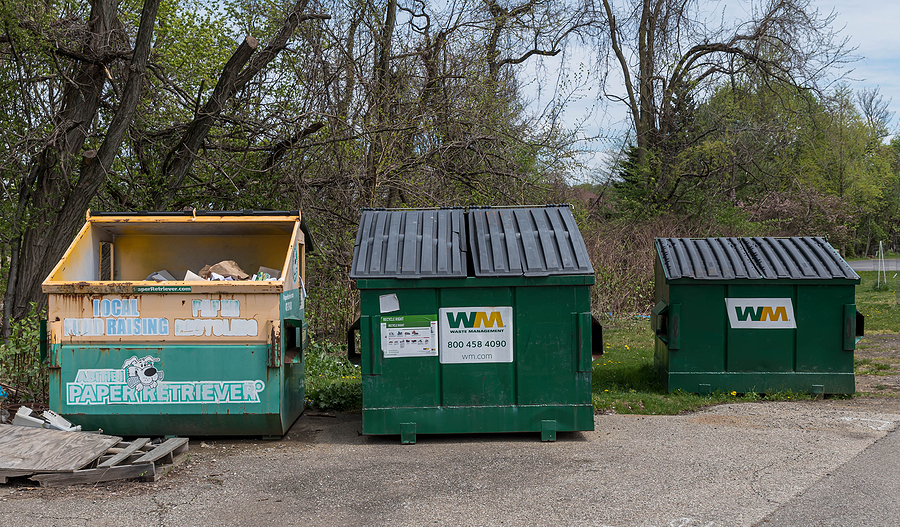
WM Releases Financials
Waste and recycling specialist Waste Management (WM), headquartered in Houston, has recently announced that the company’s figures for Q1 indicate an increase of approximately 5 percentage points, when compared to results from the preceding year.
As per the reports provided by WM, it was found that although the profits of collection and disposal operations witnessed growth, there were some detrimental repercussions on its recycling operations, due to a decline in commodity pricing.
“Our performance to start 2023 delivered results in line with our expectations, keeping us on track to achieve the full-year guidance provided at the end of January,” Jim Fish, WM President and CEO says. “In the first quarter, our teams executed well, delivering organic revenue growth in the collection and disposal business of 7 percent.”
Growth in Collections, Decline in Recycling Segment
For the first quarter of Fiscal Year ’23 at WM., there was an uptick within its waste management collection and disposal sector, increasing by approximately 6 percentage points, reaching a rate of about 6.2 percent compared to Q1 ’22, with 5.5 percent recorded.
However, while significant strides were made concerning waste reduction efforts, there was also reduced efficiency in its recycling segment. As noted by reports, EBITDA dropped by $42 million, but nevertheless, such changes were “largely in line with expectations,” as per analysts.
“The decline [in recycling EBITDA] was primarily driven by the approximately 60 percent decrease in market prices for single-stream recycled commodities,” WM adds.
In Q1 of 2022, WM’s renewable energy arm experienced a downturn in EBITDA results. A stark decrease worth $20 million was observed, as compared to earlier quarters. The reasons for this significant dip can be attributed to two dominant factors, devaluation of renewable fuel standard credits and lower market rates for energy consumption purposes.
Materials Collection Gains Reported
WM reported modest gains in materials collection and disposal. Stating that, “Collection and disposal volumes increased 1.1 percent, or 0.8 percent on a workday adjusted basis, compared to 4.2 percent in the first quarter of 2022, or 3.8 percent on a workday adjusted basis.”
WM also disclosed that inflation influenced its operations. When compared to the same period of last year, the company experienced a growth in operating expenses and attributed “primarily due to wage increases, the impact of inflationary cost pressures on repair and maintenance and subcontractor costs and margin dilutive impacts from recently closed acquisitions.”
WM’s Positive Future Projections
Looking to the future, Fish says, “As we move into the second quarter, where we begin to see the seasonal uptick in our business, we remain laser-focused on our three top priorities for the year—cost management and leveraging technology and automation to drive permanent cost reductions, disciplined pricing and execution on our sustainability growth investments.”
Though both inflationary pressure and commodity value constraints have created a difficult environment for businesses, one industry expert is hopeful in examining WM’s financial results.
Michael E. Hoffman of Stiefel Financial Corp sees promise in WM’s projections. The managing director recently released a customer note where he upgraded the firm’s stance on WM stock from “hold” to “buy”, setting his target at $177 per share.
“Buoyed by better-than-plan price, the prospect for margins to swing positive and catching the commodity cycle near a low supports revising our rating from ‘hold’ to ‘buy,’” Stifel explained.
Overall, while it is commonly assumed that commodities will ultimately recover, the enhanced price-to-cost dynamics alone could justify an upgrade in ratings, without relying on any resurgence in renewables or recycled commodity prices.
